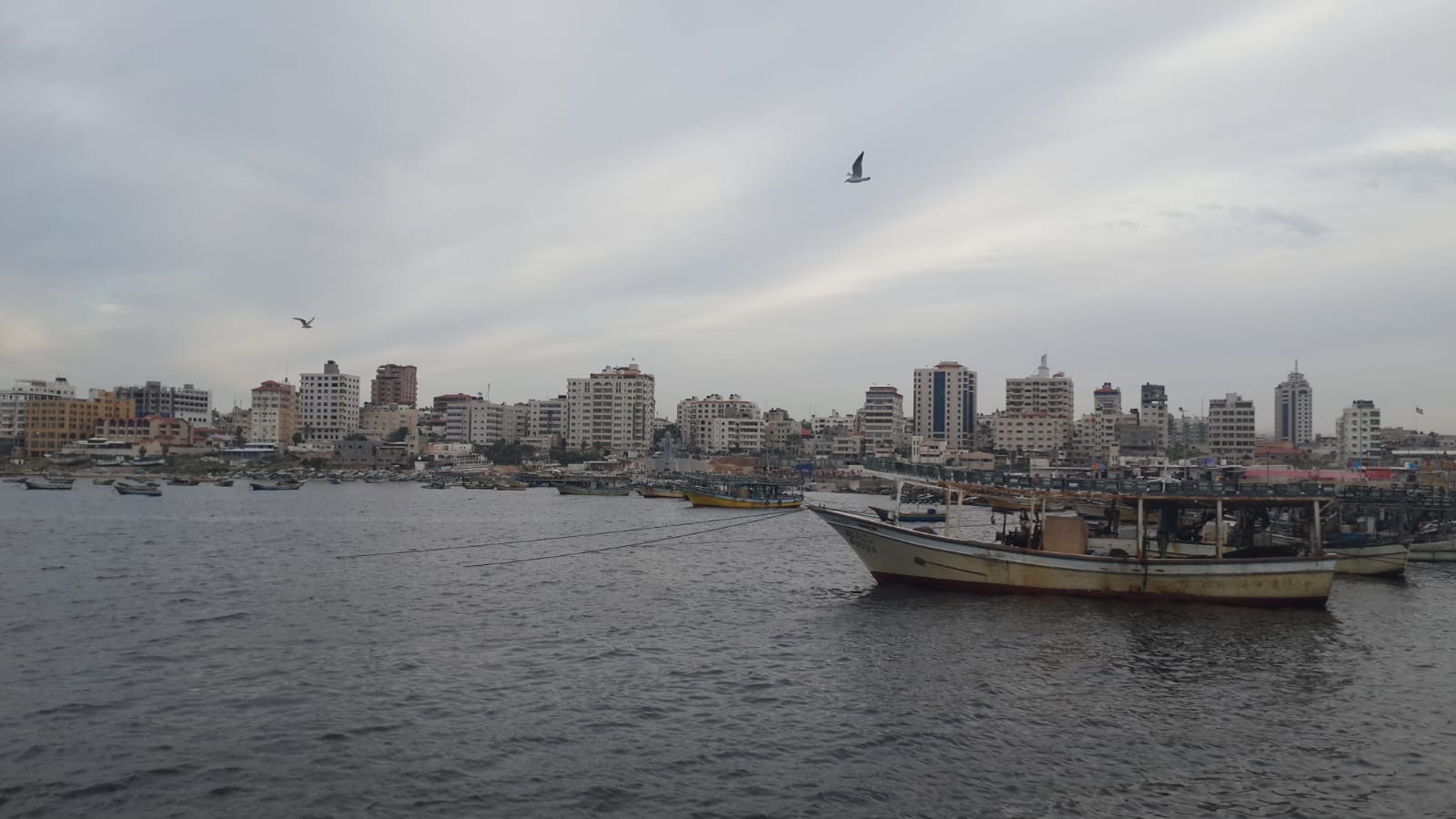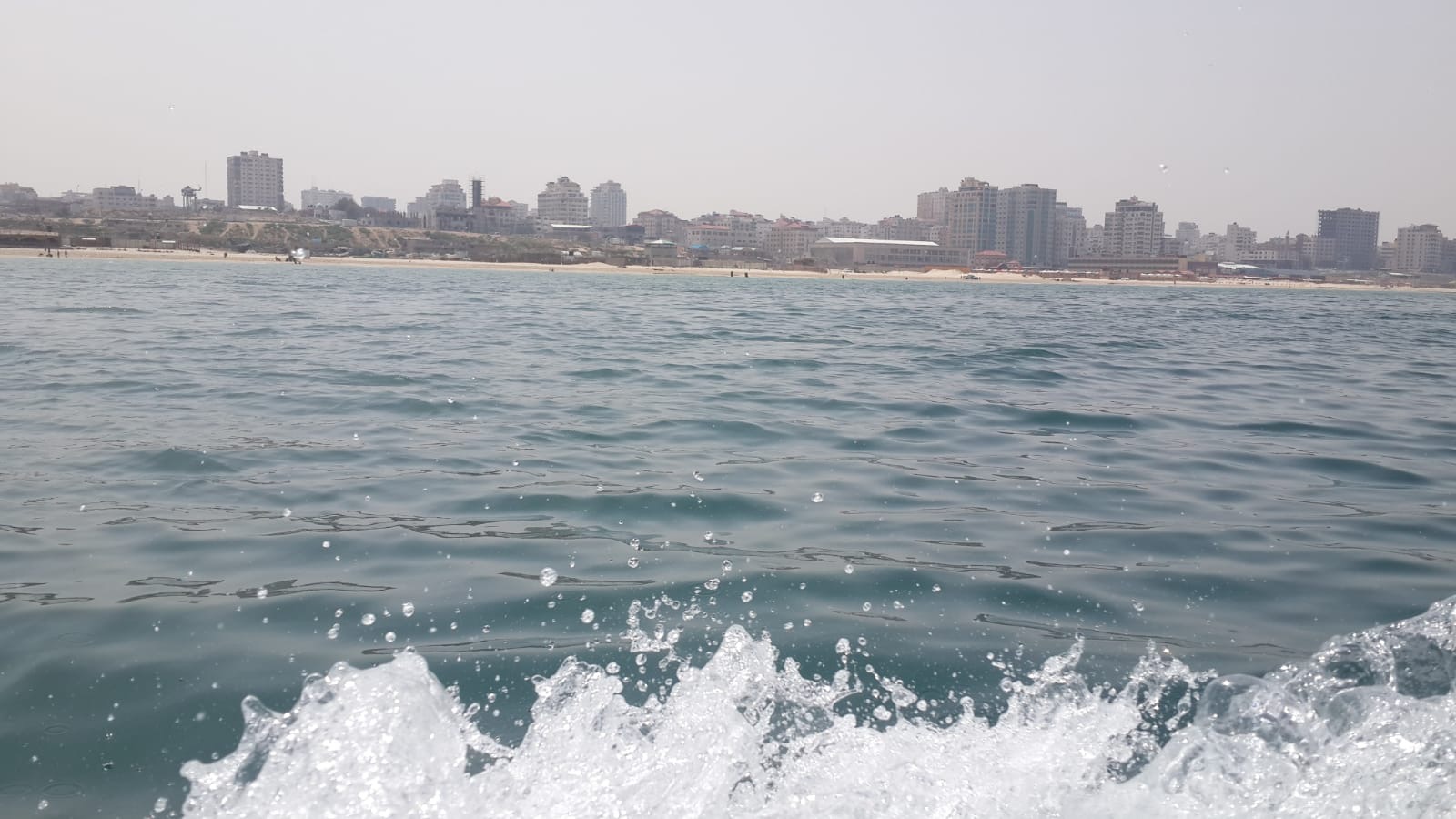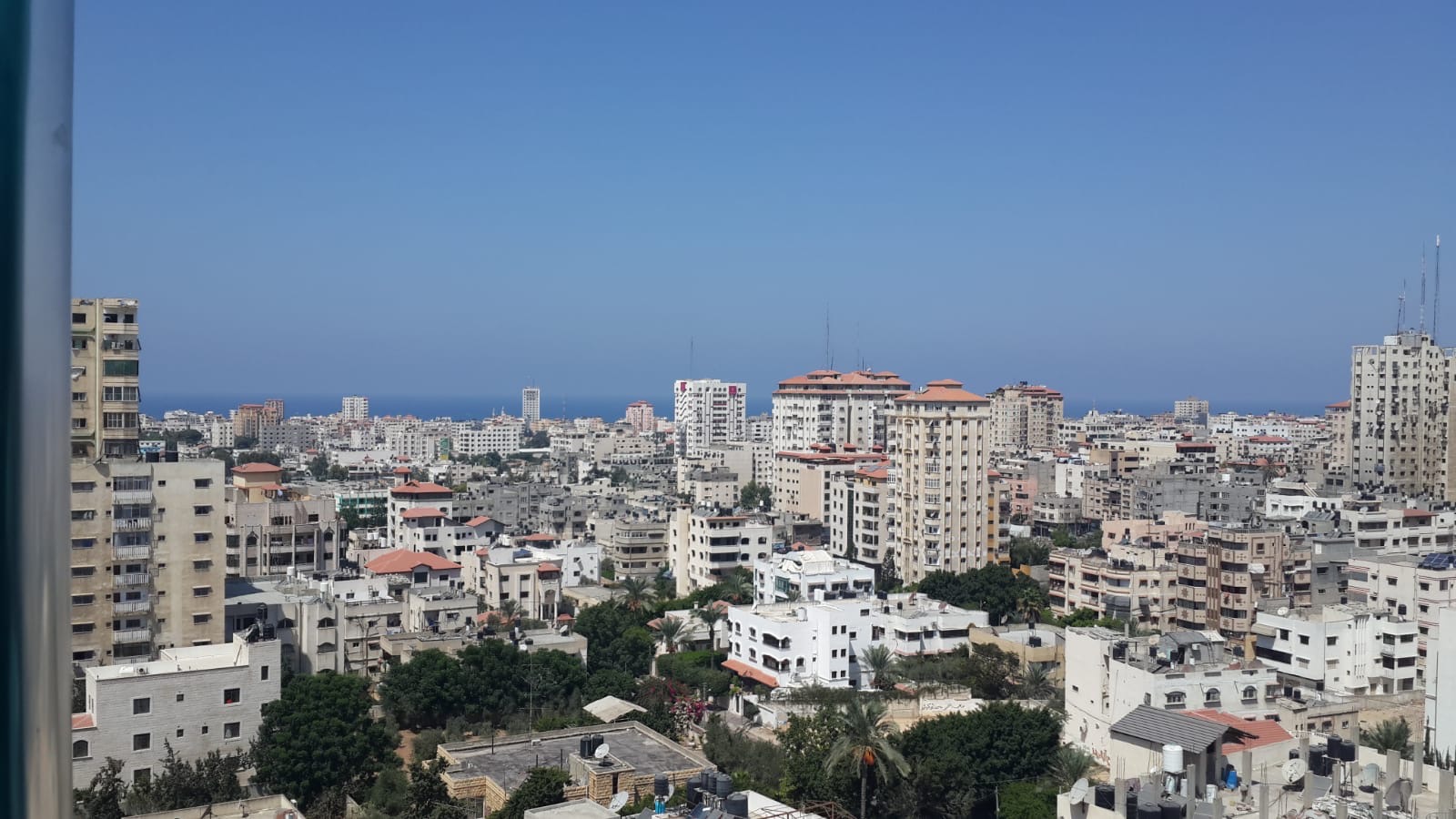August 21, 2018
Gaza
I was awakened by sweat trickling down my back. I was covered around the waist with a light sheet. In any kind of weather I like to do that. It makes me feel safe. I got up and looked at the clock to see how much longer it would be before dawn broke. Even at dawn, I knew the electricity would still be off and there’d be no source of ventilation, but there’s something about daylight which relieves me. It makes me feel like I’ve gotten rid of a midnight monster. The summer months are humid in Gaza since the city overlooks the Mediterranean Sea. With the prolonged hours of power outages, this affects every detail of my life.
I got up around eight, thankful that the night heat horror episode had elapsed. It only took me a light shower to get a sense of overall relief. I headed to the kitchen afterward to make my coffee. Despite the scorching heat, I love my coffee warm. I savored every moment of sipping slowly on it. I think it’s the only activity which I can’t rush myself through.
The way my day is planned relies, in many parts of it, on the electricity schedule we have here. For the past six or so months, we’ve been receiving four hours a day and we have to juggle our lives around that. I have to cram all my electricity-powered tasks into those four hours. If I wanted to utilize all four hours of electricity, I would have to stay home. This doesn’t always work. Sometimes I go to work just when the electricity is on and I lose the four hours.
I loaded the washing machine, I charged my laptop and mobile, I rushed to iron some clothes and I took out the vacuum to clean all the carpet in my apartment. I gave a second thought to the idea of making a cake for the kids since my oven operates on electricity. Previously, I nagged my husband that his choice to buy this oven was useless and it serves more as an accessory in my kitchen since I can only use it when there’s electricity.
 Rana Shubair
Rana ShubairThis is the small domestic picture of electricity outages in Gaza. But when I go outside, a whole different picture unravels. The neighborhood roared with all sorts of power generators, which gave off exhaust fumes. I stopped at a grocery to buy yogurt and checked to see if the dairy products were still fresh. If the store doesn’t have a power generator on, it means all such products will go bad. The pristine beach had been deprived of its beauty. Lack of electricity led to the pumping of sewage into the sea, which has contaminated its water, making it unsafe for swimming.
My kids returned from school all sweaty and argued over who would take a shower first. There was no electricity at school that day which meant no fans. I imagined my students sitting there sweating and being asked to pay attention to the teacher at the same time. After they showered, I decided to quickly handwash their school uniforms since it’s faster.
As autumn sets in and the days get shorter, the kids will have to try and do most of their homework when there’s light. We do have other sources to generate light, but then again, we’ll have to charge them when there’s electricity.
What would our lives be like if we had 24 hours of electricity a day? This is the thought that never crosses our minds as Palestinians living in a 12-year-old blockade.
 Rana Shubair
Rana Shubair




